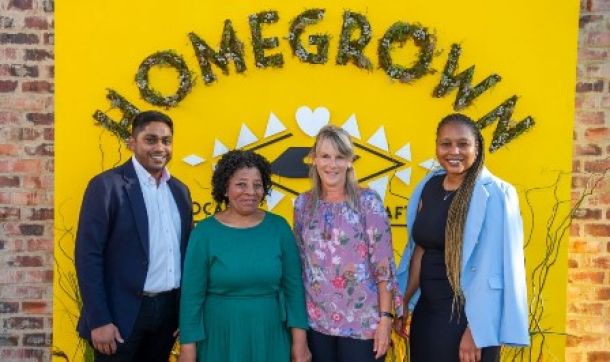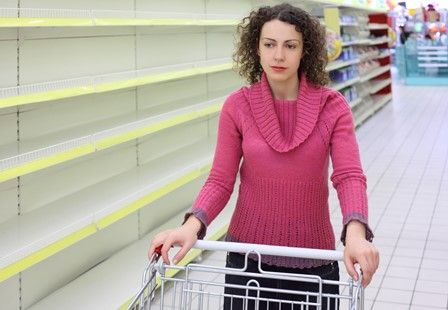
Warning over empty shelves and deeper crisis in South Africa
South Africans may have already started noticing lower stock of certain food items on store shelves, and unless significant interventions are put in place to protect food producers, the problem will only get worse, warns AgriSA chief executive Christo van der Rheede.
In a column this week, Van der Rheede warned that South Africa faces a deepening food crisis due to the ongoing and escalating load shedding, with nothing being done by the government to mitigate this.
He said that the short-lived national state of disaster provided an opportunity to exempt certain producers from load shedding and to protect the supply chain, but instead, nothing was done with the exceptional powers at all.
“After implementing regulations that recognised food production and food storage facilities as essential infrastructure, the government failed to issue the directives authorised by the regulations to, for example, grant exemptions from load shedding or reduced load shedding schedules for essential infrastructure,” he said.
“That this power, perhaps the most consequential for essential infrastructure and food production, wasn’t utilised before the termination of the state of disaster must be the greatest failing of this short-lived intervention.”
The AgriSA lead said that the consequences of failing to adequately protect food producers and the related supply chain would be far-reaching.
Not only could food prices continue to rise due to escalating production costs, but retailers may also be unable to stock certain products due to shortages. This, in turn, adds even more price pressure.
Consumers have already been hit with the highest levels of food inflation in 14 years. Stats SA recorded food inflation at 14% in March – the segment being the key driver behind headline inflation pushing higher instead of easing as expected.
While food prices inflation is expected to ease this year, load shedding is the key factor keeping prices high.
But the consequences go beyond pricing and availability, van der Rheede said.
“The declining capacity of South Africa’s farmers to produce food will also eventually lead to job losses…This loss of jobs will, in turn, plunge more people into poverty, increasing the gap between those who can and cannot afford food and dramatically reducing food certainty for many households,” he said.
Solutions
Van der Rheede said that the only way to mitigate an impending disaster in South Africa is for the government to deal with load shedding.
But given its failure to do anything meaningful since implementing near-permanent load shedding in September 2022 – and much worse load shedding to come in winter – this solution is effectively out of reach.
However, what could work in the short term is working with food producers to establish a special load shedding schedule and implementing load curtailment measures, the AgriSA lead said.
“There is no way to ensure the ongoing viability of farming and food production operations in South Africa without adjusting the load shedding schedule that considers the particular needs of food production.
“We can construct load shedding schedules to give food producers longer periods of continuous power – with the unfortunate side effect of longer continuous load shedding,” he said.
He said the industry also needs to find relief beyond the grid, adding that the government needs to do more than the partial tax break in the diesel tax break it delivered earlier this month. This must be expanded to businesses throughout the supply chain to be effective.
“We’ve wasted enough time on complex and novel interventions that have borne little fruit. And we have no more time to waste on band-aids that simply mask the problem without addressing its root…A food crisis still looms if we don’t act quickly,” he said.
News Category
- International retailers
- On the move
- Awards and achievements
- Legislation
- Wine and liquor
- Africa
- Going green
- Supplier news
- Research tools
- Retailer trading results
- Supply chain
- Innovation and technology
- Economic factors
- Crime and security
- Store Openings
- Marketing and Promotions
- Social Responsibility
- Brand Press Office
Related Articles
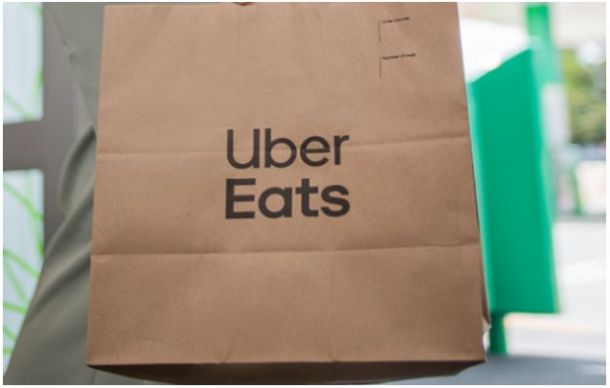
Uber One launches in South Africa — with money ...
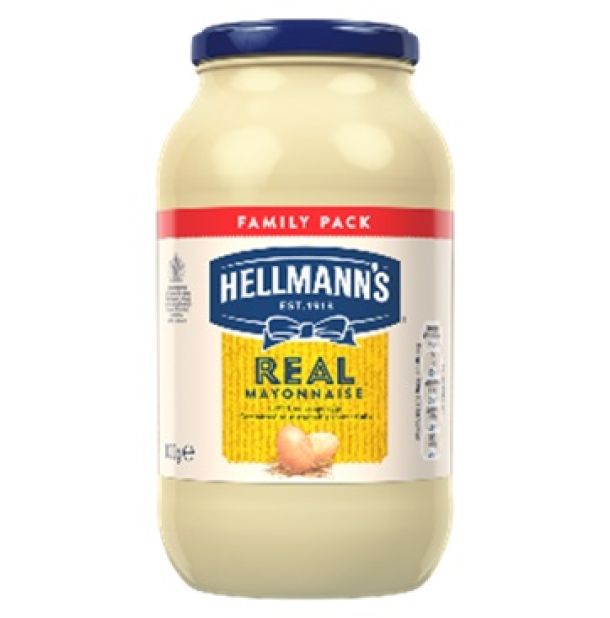
Pick n Pay brings Hellmann’s back to SA shelves

Counter the winter cold with these gas safety tips
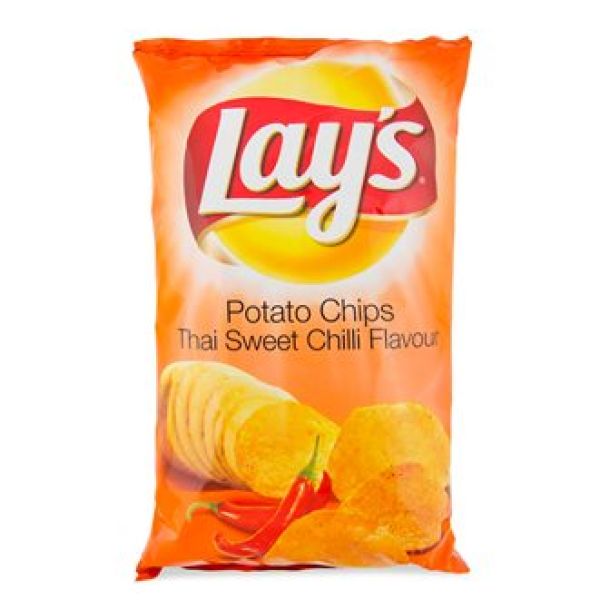
Lay’s found selling chips below advertised weight
